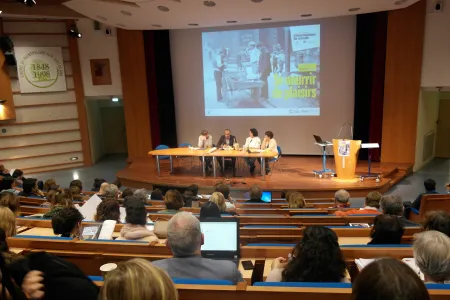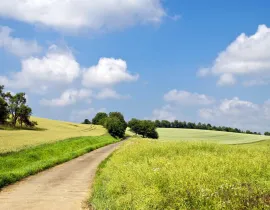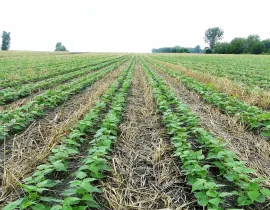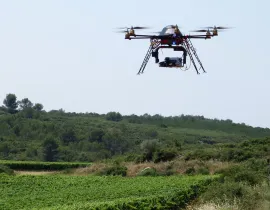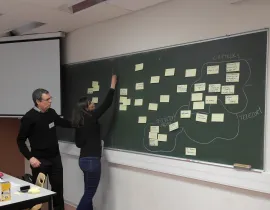With a world population expected to reach 9 billion by 2050 and irreversible changes occurring around the globe, food systems - from production to processing to consumption - must respond to a double collective challenge: ensuring that everyone has access to quality food without depleting the planet's natural resources.
To meet this double challenge, food supplies must be based on modes of production, processing and distribution that allow the renewal of resources and the fair compensation of sector actors. To achieve this, it is necessary to link environmental issues (natural resource management), technological and health issues (food processing and quality control) and socio-political issues (joint production of innovations with companies, rehabilitation and valorization of localized knowledge).
This involves developing technical and social innovations and incentive policies:
- Designing new agricultural production systems: reduced use of inputs and energy in particular
- Valorizing by-products, especially non-food: green energy production...
- Reducing losses and waste
- Understanding market regulation mechanisms
- Developing methods and tools to assess the sustainability of food systems
For Montpellier SupAgro, these issues are tackled through a multidisciplinary approach, one combining human and social sciences and so-called "technological" sciences, that is part of a training-research-innovation continuum.
Contacts
-
-

Nicolas BRICAS
UNESCO Chair on World Food Systems head
- Chaire UNESCO « Alimentations du monde »
Email : nicolas.bricas@cirad.fr
Website :
Chaire UNESCO Alimentations du Monde
L'Institut Agro Montpellier
2 place Pierre Viala
34060 Montpellier - France
Tél. : +33 (0)4 99 61 22 00 Tél. : +33 (0)4 99 61 22 00
Fax : +33 (0)4 99 61 29 00
contact@supagro.fr


